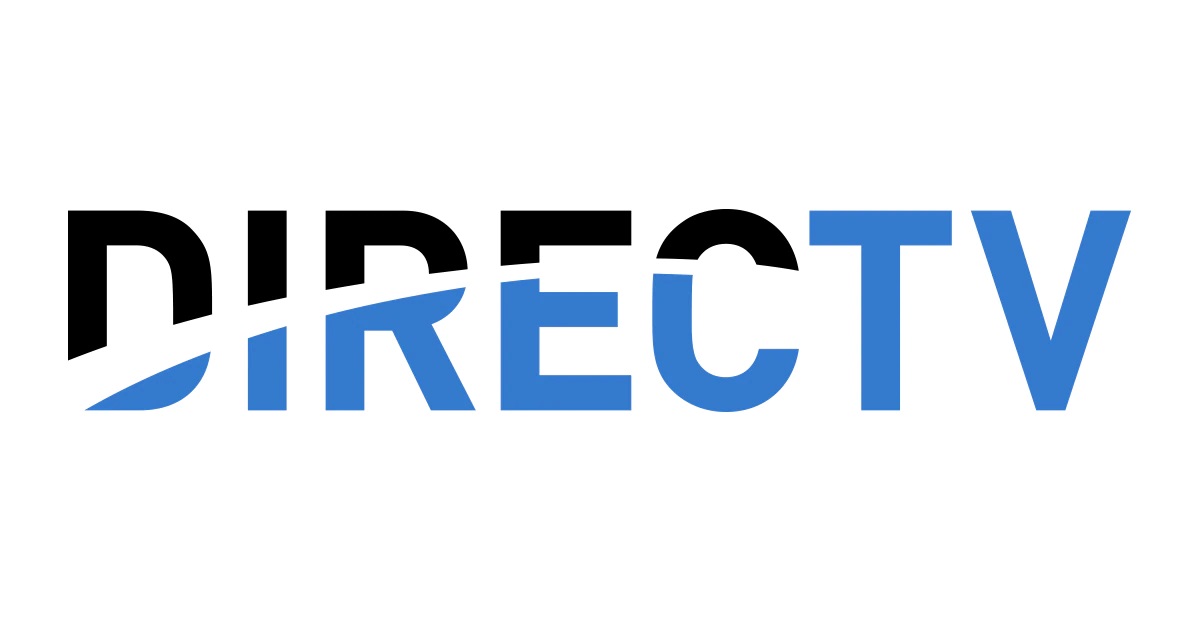
In what is becoming an annual tradition, another potential blackout at the start of football season is looming, this time involving Disney and DirecTV who have yet to hammer out a new programming distribution deal. If no agreement is concluded Disney-owned ABC stations, ESPN and other Disney channels could go dark in DirecTV homes on Sept. 1.
In an interview with Variety published on August 28, Justin Connolly, president of Disney Platform Distribution said “[a]t the moment we’re far apart.”
Such blackouts have become increasingly common as pay TV operators struggle with rapidly declining subscriber numbers and have been responding by pushing for lower programming costs and more flexibility in their programming packages so they can offer more appealing packages.
In a blog published August 21, Rob Thun, chief content officer, DirecTV didn’t address the specifics of the Disney negotiation but stressed that pay TV providers need more flexibility in their programming offerings if they want to compete with the direct-to-consumer streaming services that have seen rapid growth in recent years.
“Unfortunately, while DTC offerings have evolved, pay TV packages have remained largely unchanged,” Thun wrote. “Instead of allowing distributors like DIRECTV to also develop smaller, more tailored packages at prices that reflect the value they get from the content, programmers have continued to impose and enforce strict bundling requirements through exorbitant minimum penetration rates – the minimum proportion of a distributor’s subscribers required to access a channel. These antiquated requirements force pay TV customers to subscribe to many channels they may not watch, which have yielded ‘fat bundles.’ At the same time, programmers have reserved flexible genre-based offerings solely for themselves, eroding the price-value proposition for pay TV customers by shifting the best programming to DTC services while raising programming fees on pay TV.”
In response, Thun said they want, the ability to create: “Flexible Packages. Consumers want the ability to choose from genre-based programming without piecing together and purchasing an extensive lineup of channels that don’t meet their desires.”
Thun also said they needed: “Lower-Priced Alternatives. Consumers want price points closer to the DTC options they are familiar with and the ability to pay for all their programming through one platform” as well the ability to offer an “Aggregated Experience. Consumers want access to their favorite shows and sports and the ability to discover new content in one complete experience – live ‘linear’ TV or on-demand content from DirecTV or a third party – instead of through numerous disjointed entry points while managing multiple individual subscriptions to those products.”







